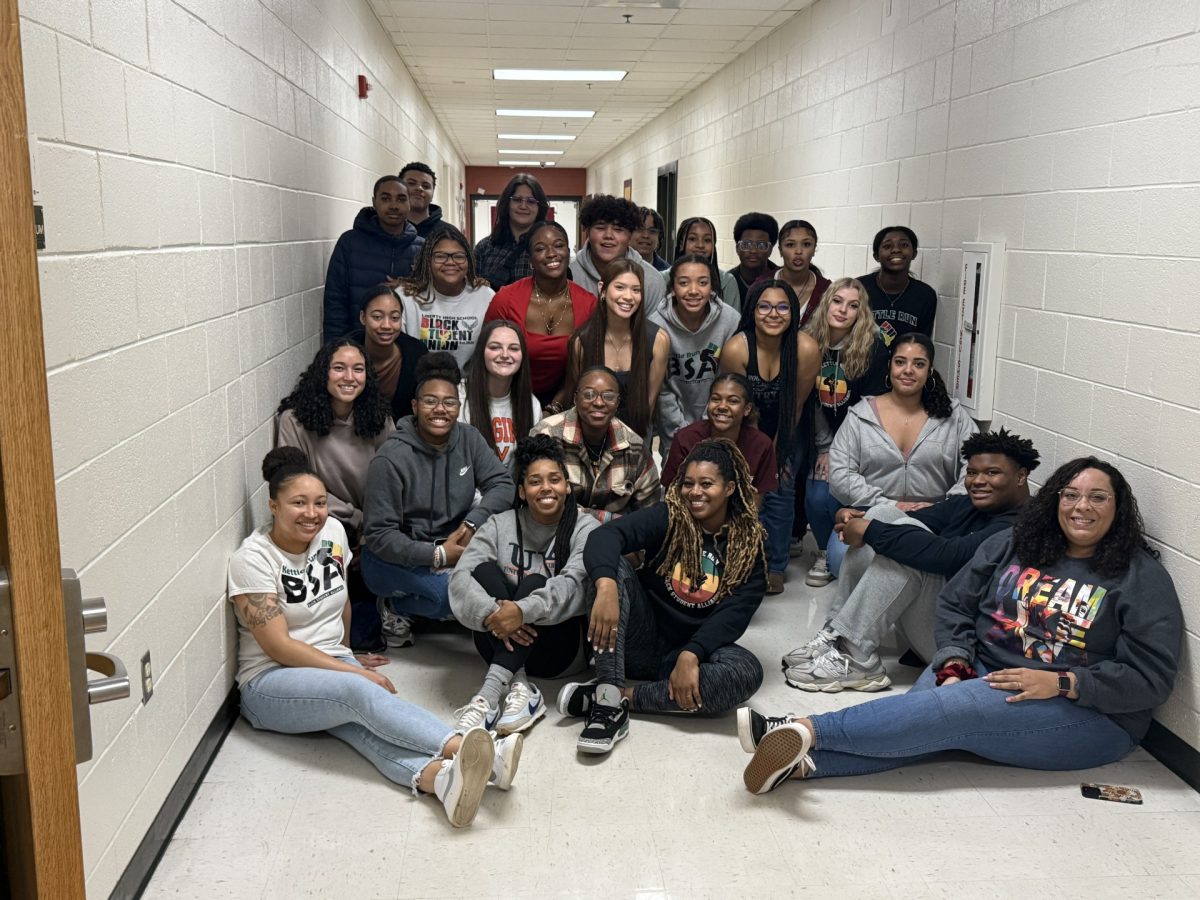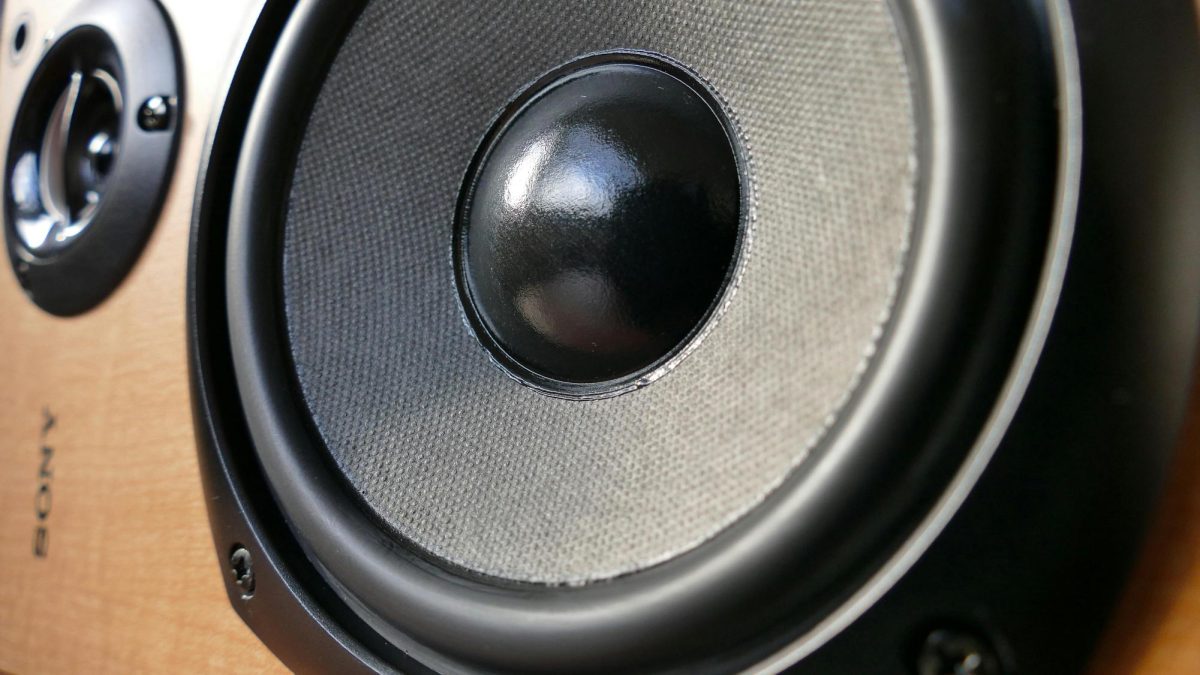Are Cellphones Destroying Society?
September 20, 2016

Many tables of students spend their time playing on their phones and checking social media during lunch.
What makes humans more social but at the same time, diminishes social skills? A cellphone.
Students and teachers have different perspectives on being social. Students, from this younger, Internet generation generally use cellphones to be social, while teachers, from the prehistoric Internet generation prefer physical/verbal interaction to be social. The older generation believes cell phone communication destroys social interaction, while the younger generation begs to differ claiming that cell phone use enhances social interaction.
Eighty percent of people around the world prefer texting to the traditional voice call as their primary form of communication. Is it an addiction? Or is it becoming the social norm?
Past generations have debated that question for years. Those who have worked with this younger generation and have witnessed the evolution of social interaction amongst the youth may have a unique perspective. Principal Major Warner realizes that the path that this generation has taken may lead to a more anti-social future, but he also realizes that cellphones are a crucial part of this generation’s development.
“I recognize that students will always look to utilize them [cellphones] in the manner for which they are designed to function,” Warner stated. “Clearly times have changed and while I believe the technology available to us now is ultimately a good thing, I do believe it has eroded some of the very basic principles of human interaction and communication. Bottom line is we don’t talk to each other the way we used too and I attribute that directly to the rise of the internet and the smartphone.” For some teenagers, the use of cellphones has become somewhat of an addiction. That addiction can be hard to break. Senior Jake McAuliffe has experienced some struggles trying to break away from social media after checking his Instagram too frequently.
“Every now and then, I have to delete the Instagram app and deactivate my profile, or else I’ll continue to check, non-stop, for no apparent reason,” McAuliffe stated. “It hurts people socially because for so long, I wasn’t aware I checked it so much until one of my friends jokingly teased for checking it while we were hanging out. Then, it hit me, I’ve spent so much time checking it and when I look around in class now and see people checking Instagram and Twitter, they do it very frequently. I’m glad I became aware of my habit, and now it’s not so bad.”
Here’s a fun fact: 15% of young adults have openly admitted to ending a relationship over text. The statistic is probably higher for high school teenagers. Some may wonder what this world is coming to when people begin to end friendships and romantic relationships over text.
Junior Saang Die shares his disgust for the increasingly antisocial behavior in teenagers.
“I hate it how everything is done over cellphones nowadays. I wonder what it was like back in the old days without cellphones. I bet times were easier and everyone was clearer,” Die explained. “I wish I could have lived back in those days…”
It seems as though this generation and perhaps future generations may be heading down the path of a world full of antisocial behavior. Maybe, years from now, humans will forget to learn how to speak and we will all communicate through devices, or even our brains! Anything is possible for the future and we should not rule out all possible outcomes. Hopefully it will not come to that.






















